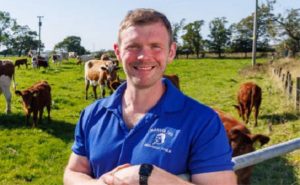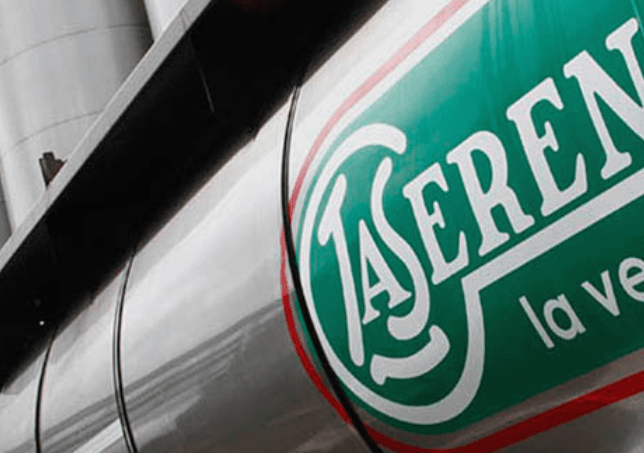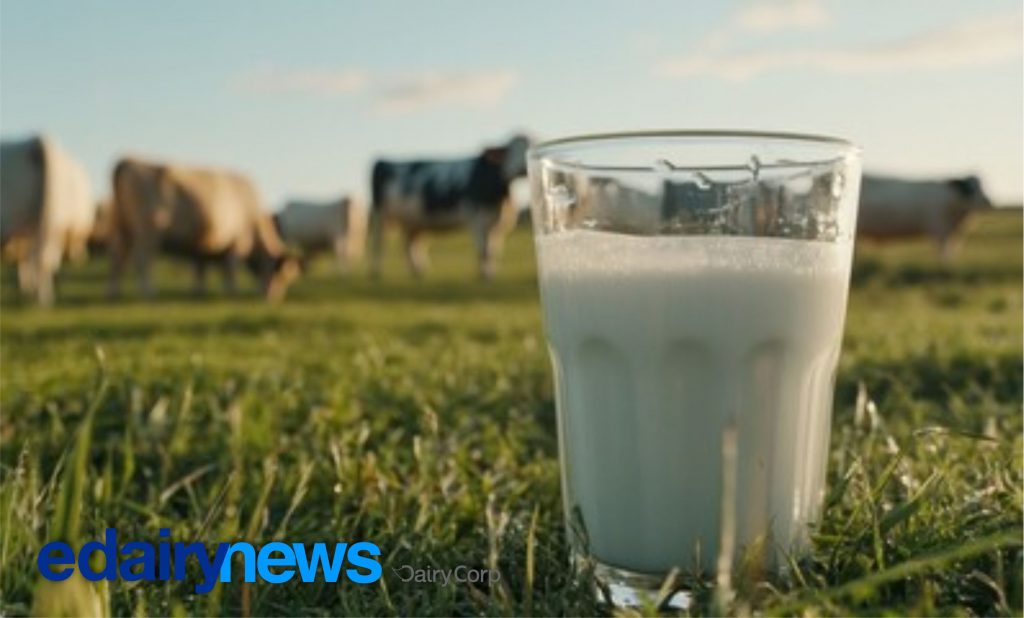The Hawke’s Bay farmer is the largest raw milk producer in the country and recently signed up to the scheme, which is administered by the Ministry for Primary Industries (MPI).
Using a clause in the scheme rules the farm applied for six collection depots in the region, Lindsay Farm spokeswoman Angela Brooks said.
Depots can only operate under strict rules.
In order to comply, raw milk customers become transport operators, signing an agreement to take their milk home in a clean chilly bag or bin, that can keep the milk below 6 degrees Celcius.
Similarly, depots also have to sign up to rules that include undertaking spot checks on transport operators, ensuring the fridges are clean and cold and that milk is not collected after 30 hours from the time of milking.
“There has been a willingness from MPI to figure it out as well. It does set a precedent and may impact on [other] small producers,” Brooks said.
Lindsay Farm only recently signed up to the raw milk scheme, having previously operated a limited liability partnership, in which consumers buy into the herd with the farmers providing them with milk.
When one of its customers recently became sick with campylobacter at the same time as a batch of milk tested positive for the bacteria, MPI told producers to sign up to the scheme or face legal action, Brooks said.
“MPI forced our hand because we got that positive test for campylobacter. They couldn’t confirm that it was our milk but by association they put it on us,” she said.
The sale of raw milk became regulated in 2016, when the Raw Milk for Sale to Consumers Regulations came into effect. Under the regulations, farmers who sell raw milk must register with MPI and follow hygiene rules around bottling, storing and distributing the milk.
The regulations also banned the use of collection points, which many raw milk producers had previously relied on to get milk to customers. Instead, milk could be obtained at the farm gate or by home delivery.
When the regulations came into effect businesses that could not logistically or financially operate without collection points closed down.
Officials say unpasteurised milk that has not been treated carries more risk of food poisoning and has been linked to gastro-intestinal outbreaks in the past.
Despite there being a clause that allowed registered depots to be used, until now MPI had not approved any.
Without the depots Brooks said it would not be financially viable to operate under the scheme. The farm had lost 25 per cent of its business by signing up because it could no longer service customers in Taupo, Gisborne, Te Awa Mutu and Auckland, she said.
Former raw milk producers Manna Milk, which had abandoned the business after a series of MPI raids on raw milk producers operating outside of the scheme last year, said the development was promising and they might look to set up again.
Farmer Pip Martin said that after the raids and the subsequent investigation, the farmers “gave up”.
“The MPI lead investigator told us the regulations were set up to enable equitable access to raw milk but communications from the performance oversight and approvals directorate at Food Safety New Zealand made it seem impossible and the costs of registration and verification totally uneconomic.
“For us [depots] puts it potentially very much back on our radar … we have a younger generation on the farm. We have to set up the herd so a lot of planning to do. But it’s hopeful,” she said.
Raw Milk Association spokesman Richard Houston said he took his hat off to Lindsay Farm for getting the approvals.












